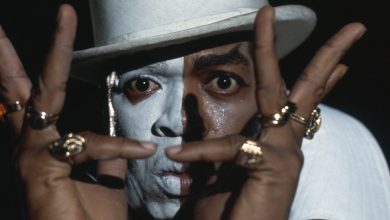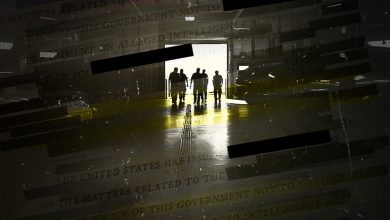Exploring the Terrorism Phenomenon in James Bond Movies !
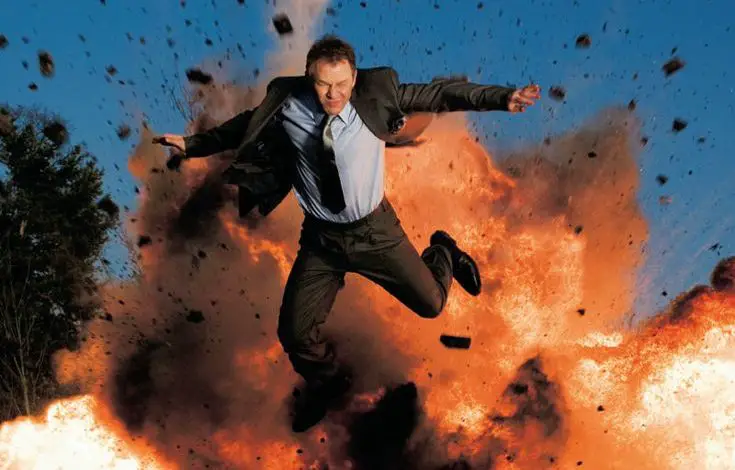
James Bond movies have been a cultural icon for over half a century, captivating audiences with their action-packed narratives and thrilling spy missions. One of the defining features of the franchise is its portrayal of terrorism, which has become increasingly relevant in today’s world. The terrorism phenomenon in James Bond movies sheds light on global security issues while providing entertainment value.
Through this article, we will explore the significance of terrorism in James Bond movies, its portrayal, and consequences in the narratives. We will analyze the real-world connections between the franchise and global terrorism realities, the evolution of terrorism in these films, ethical dilemmas presented in the plots, and the franchise’s influence on public perception of terrorism.
Key Takeaways
- James Bond movies have been a cultural icon for over half a century, captivating audiences with their action-packed narratives and thrilling spy missions.
- The terrorism phenomenon in James Bond movies sheds light on global security issues while providing entertainment value.
- Through this article, we will explore the significance of terrorism in James Bond movies, its portrayal, and consequences in the narratives.
- We will analyze the real-world connections between the franchise and global terrorism realities, the evolution of terrorism in these films, ethical dilemmas presented in the plots, and the franchise’s influence on public perception of terrorism.
The Role of James Bond Movies in Portraying Terrorism
The James Bond franchise has become synonymous with the portrayal of terrorism. From its earliest films to the most recent releases, the franchise has explored the complexities of international espionage and the dangers of global terrorism.
At the heart of the franchise’s appeal is its depiction of fast-paced action and high-stakes missions. The films showcase the constant threat posed by notorious villains and the bravery of the agents working to neutralize them.
Through the portrayal of terrorism, the James Bond movies have sparked conversations and debates about the phenomenon both on and off screen. The franchise has highlighted the realities of terrorism and captured the attention of audiences around the world.
The Evolution of Terrorism in James Bond Movies
Over the years, the James Bond franchise has evolved to reflect shifting global dynamics. From the Cold War to the War on Terror, the franchise has adapted to depict new and emerging threats.
In the early films, terrorism was often portrayed as a threat from external actors seeking to disrupt the established world order. However, as the franchise evolved, it recognized the threat posed by internal actors as well, and the ethical dilemmas that come with fighting terrorism. As a result, the franchise has explored the complexities of counterterrorism operations and the moral choices involved in them.
In recent years, the franchise has continued to explore the evolving nature of terrorism. From cyber-terrorism to the rise of nationalist movements, the films have showcased the changing nature of the phenomenon and the need to address it through a range of approaches.
The Real-World Connections of James Bond Movies and Global Terrorism Realities
The James Bond franchise has been known to incorporate real-life geopolitical events and trends into its narratives. By doing so, the franchise adds a layer of relevance to its portrayal of terrorism.
For example, the film “Skyfall” dealt with issues such as data breaches and cyber-terrorism, which were highly relevant at the time of its release. In the same vein, “Spectre” depicted the rise of nationalist movements in Europe and the fear of their impact on global politics and security.
By exploring these real-world connections, the James Bond franchise has contributed to a better understanding of the complexities of terrorism and the need for a comprehensive approach to addressing it.
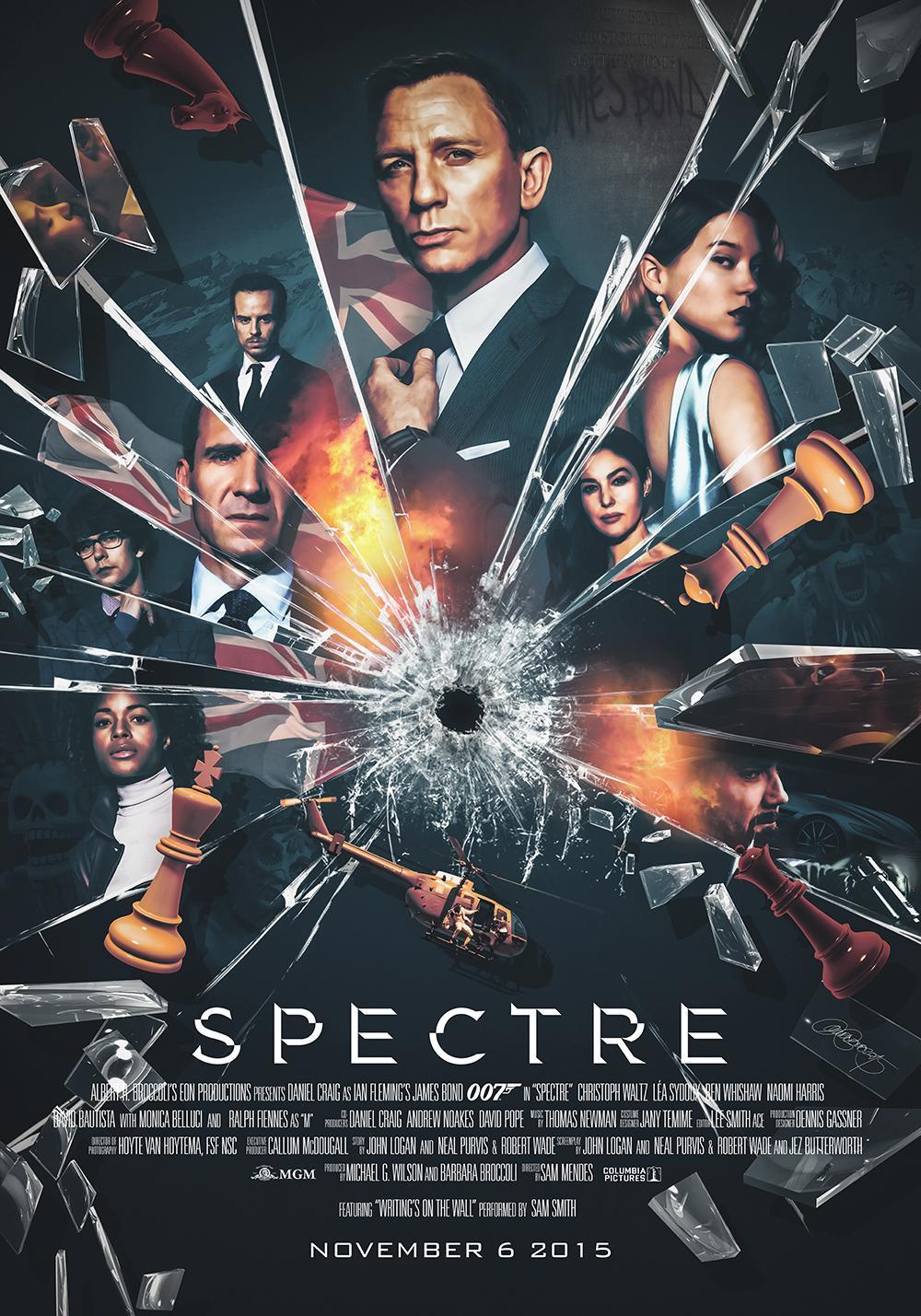
The Consequences of Terrorism in James Bond Movies
James Bond movies have depicted a wide range of consequences that arise from acts of terrorism. From personal tragedy to global security threats, the franchise explores the full extent of the impact that terrorism can have on individuals and societies.
One of the most significant consequences of terrorism in James Bond movies is the loss of innocent lives. The villains in these films are often willing to commit heinous acts of violence in pursuit of their goals, and the consequences of these actions are felt by those caught in the crossfire. In movies such as “Skyfall,” we see the devastating effects of a terrorist attack on MI6 headquarters, which results in the loss of many lives, including that of one of Bond’s closest colleagues.
Another consequence of terrorism depicted in these films is the erosion of trust in institutions and authorities. The constant threat of terrorist attacks can create a sense of paranoia and suspicion, and the need for heightened security measures can lead to a sense of loss of personal freedoms. In movies such as “Spectre,” we see the government agency that oversees MI6 attempt to shut down the organization, citing concerns about its effectiveness and ethical conduct.
Finally, James Bond movies also illustrate the international ramifications of terrorism. The villains in these movies often have global ambitions and seek to destabilize governments and societies around the world. In movies such as “Tomorrow Never Dies,” we see a media mogul who seeks to manipulate international events to increase his power and influence, and in “Quantum of Solace,” we see a shadowy organization that seeks to control the world’s natural resources.
Through its portrayal of the consequences of terrorism, the James Bond franchise provides a powerful reminder of the serious threat that terrorism poses to individuals, societies, and global security. These movies emphasize the need for constant vigilance against terrorism and the importance of international cooperation in the fight against this phenomenon.

Real-World Connections: James Bond Movies and Global Terrorism Realities
James Bond movies have always been recognized for their relevance to real-world events and trends. However, the franchise’s portrayal of terrorism has brought the issue to the forefront of the public’s consciousness.
In recent years, the franchise has incorporated real-life geopolitical events and trends into its narratives. For example, in the movie Casino Royale, the plot revolves around the financing of terrorism through money laundering, which is a significant concern in the real world. Similarly, in the movie Skyfall, the villain is a former MI6 agent turned terrorist who seeks revenge against the British spy agency, reflecting the real threat of homegrown terrorism.
By incorporating real-world connections, the James Bond franchise adds a layer of relevance to its portrayal of terrorism. This not only captivates audiences but also raises awareness about global terrorism realities.

The Evolution of Terrorism in James Bond Movies
The portrayal of terrorism in James Bond movies has evolved over the years to reflect shifting global dynamics. In the early films, terrorism was often depicted as a tool of Cold War adversaries, such as the Soviet Union. The villains were typically rogue agents or megalomaniacs seeking world domination.
As the franchise progressed, the portrayal of terrorism became more nuanced and reflective of real-world developments. The 1990s saw the rise of international terrorism, particularly in the form of Al-Qaeda and its affiliates. James Bond movies began to incorporate more sophisticated and globalized terrorist organizations as primary antagonists.
The Post-9/11 Era
The terrorist attacks of September 11, 2001, marked a dramatic turning point in the portrayal of terrorism in James Bond movies. The films that followed, such as “Casino Royale” and “Quantum of Solace,” reflected the new global order and the heightened threat of terrorism. The villains were often portrayed as ideologically driven extremists, seeking to disrupt global stability through acts of violence.
These movies also highlighted the role of intelligence agencies and their efforts to combat terrorism. They depicted the use of advanced technology, surveillance, and covert operations as essential tools in the fight against terrorism.
The Present Day
Today, James Bond movies continue to reflect the changing nature of the terrorism phenomenon. Recent films such as “Spectre” and “No Time to Die” have explored the growing threat of cyber-terrorism, as well as the complexities of modern terrorism networks.
Overall, the evolution of terrorism in James Bond movies reflects the franchise’s commitment to exploring and illuminating real-world issues through thrilling action and captivating storytelling.
The Ethical Dilemmas Presented in James Bond Movies’ Terrorism Plots
The James Bond franchise has never shied away from exploring complex ethical dilemmas, particularly those that arise in the fight against terrorism. From surveillance to intelligence gathering and the use of force, the films have tackled a range of critical issues, forcing audiences to question their values and beliefs.
One of the most significant ethical dilemmas presented in James Bond movies is the use of violence to counter terrorism. While the films depict the protagonist as a hero who saves the world from evil, the use of force is not always the most ethical solution. The franchise often presents a nuanced view of violence, highlighting its consequences and exploring the moral implications.
Another ethical dilemma that the films tackle is the issue of surveillance and privacy. In the post-9/11 world, the use of technology for intelligence gathering has become a contentious issue. The James Bond movies often depict a world where privacy concerns are subordinated to national security interests. However, the films do not present a simplistic view of the issue and demonstrate the implications of surveillance on individuals and society.
The Use of Force
The James Bond franchise has become synonymous with high-octane action, and much of the films’ appeal lies in their thrilling action sequences. However, the franchise often grapples with the question of whether the use of force is always justified in the fight against terrorism. The films recognize that violence begets violence and that excessive force can have unintended consequences.
The films also explore the psychological toll that violence takes on individuals, particularly those who are tasked with carrying out such actions. James Bond is portrayed as a hardened agent who is well-equipped to handle the stress and trauma of his job. However, the films also show the impact of violence on other characters, such as Vesper Lynd in Casino Royale, who cannot cope with the brutality of the world she inhabits.

Surveillance and Privacy
The James Bond movies also address the issue of surveillance and privacy, particularly in the context of the fight against terrorism. The films often depict a world where national security interests supersede individual privacy concerns, and technology is used to gather intelligence on individuals and organizations.
However, the films also show the limitations and potential abuses of surveillance. For instance, in Skyfall, the villain Raoul Silva is able to use a government-run surveillance system to track down and attack MI6 agents. The films also highlight the importance of transparency and accountability in intelligence gathering and the potential for abuses of power.
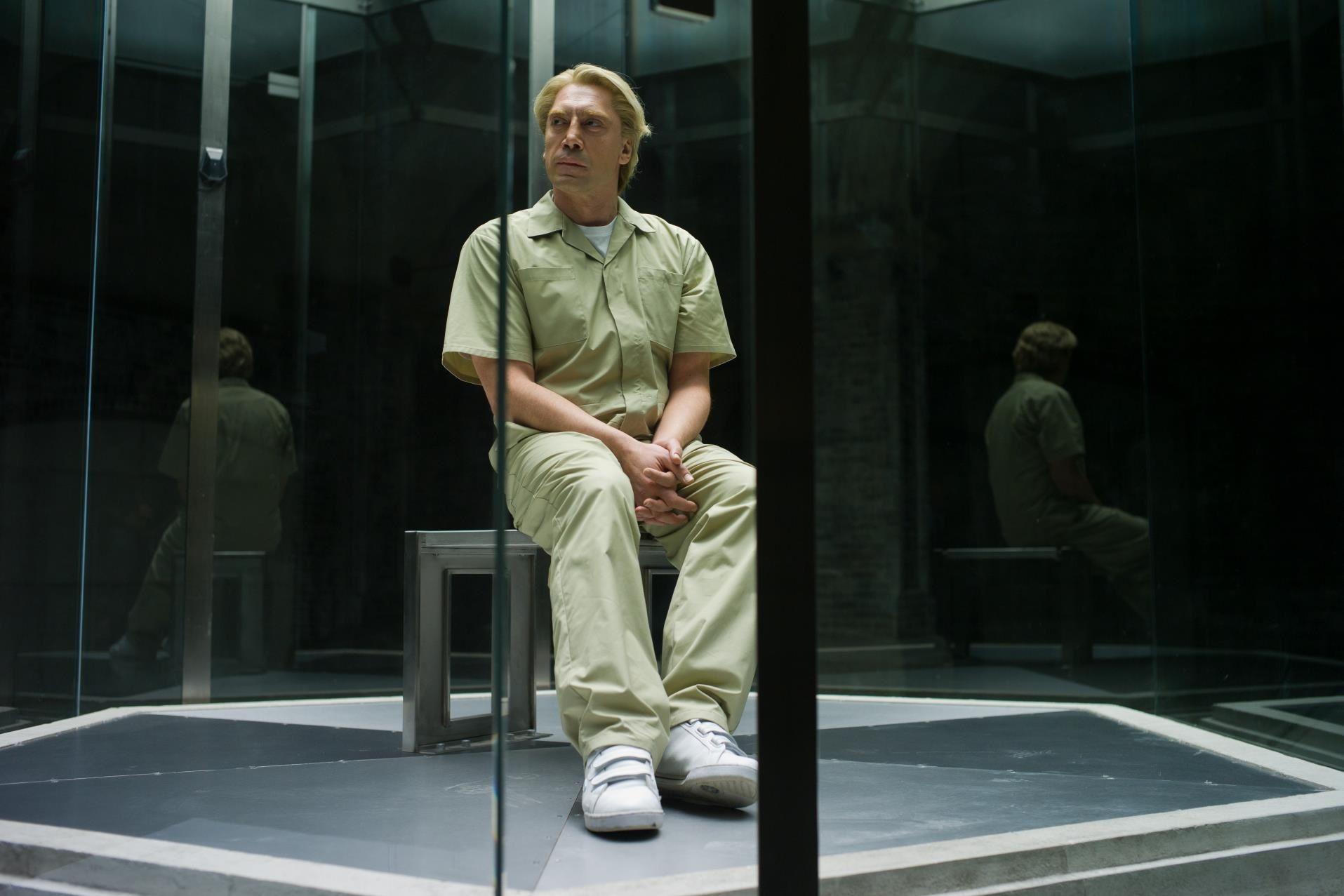
The Deeper Implications of Terrorism
Ultimately, the ethical dilemmas presented in James Bond movies’ terrorism plots serve as a vehicle for exploring the deeper implications of terrorism. The films force viewers to confront the harsh reality of the terrorism phenomenon and the difficult choices that individuals and societies must make to combat it.
The franchise’s nuanced portrayal of terrorism has contributed to its enduring appeal and cultural significance. By tackling complex issues head-on and offering a range of perspectives on the terrorism phenomenon, the James Bond movies have become a powerful platform for engaging with global security challenges.
The Influence of James Bond Movies on the Popularity of Terrorism Themes
James Bond movies have had a significant impact on the portrayal of terrorism in the film industry. The franchise’s portrayal of high-stakes espionage and the constant threat of terrorism has captivated audiences for decades. As a result, terrorism has become a widely explored theme in action films and spy movies.
“I think what makes Bond films so popular is that they cater to our fascination with danger and intrigue. Terrorism is definitely a big part of that.” – Film critic, Sarah Johnson
The James Bond franchise has undoubtedly influenced the depiction of terrorism in other films. The success of the franchise has shown that movies about international espionage and terrorism can attract a broad audience. As a result, filmmakers have used terrorism as a popular theme in their films.
However, the James Bond franchise’s portrayal of terrorism is unique in its ability to blend action-packed narratives with real-world connections. The franchise has incorporated real-life geopolitical events and trends into its movies, adding a layer of relevance to its portrayal of terrorism.
Impact of James Bond Movies on Public Perception of Terrorism
The James Bond franchise has captivated audiences for over five decades with its thrilling action sequences and iconic characters. The portrayal of terrorism in these movies has not only entertained but also influenced public perception of this global phenomenon.
Over the years, the James Bond franchise has depicted various aspects of terrorism, from the Cold War era to modern-day threats. The popularity of these films has given rise to numerous other action and spy movies featuring terrorism themes.
Through the portrayal of high-stakes espionage missions, the franchise has also highlighted the constant threat posed by notorious villains and the consequences of terrorism on individuals and societies.
The cultural impact of the James Bond movies is evident in their influence on public opinion, attitudes, and beliefs about terrorism. The franchise has become a powerful platform to engage with global terrorism realities and address complex ethical dilemmas such as surveillance, intelligence gathering, and the use of force.
In conclusion, the James Bond franchise has played an integral role in shaping public discourse on terrorism. By combining thrilling action, intriguing plots, and real-world connections, these movies have become synonymous with the terrorism phenomenon and a powerful medium for exploring its complexities.
Conclusion
James Bond movies have captivated audiences for decades with their thrilling action and espionage-laden plots. However, the franchise also sheds light on the terrorism phenomenon and its real-world impact. By exploring the portrayal, consequences, and evolution of terrorism in James Bond movies, we gain insight into the changing perceptions and understandings of this complex issue.
Not only does the franchise address ethical dilemmas and incorporate real-life geopolitical events, but it also influences the portrayal of terrorism in other action films and spy movies. The widespread appeal and cultural impact of the franchise have also shaped public discourse on terrorism, influencing attitudes and beliefs.
Ultimately, James Bond movies have become a powerful platform to engage with global terrorism realities. By combining thrilling action, intriguing plots, and real-world connections, the franchise continues to explore and illuminate the terrorism phenomenon.
FAQ
Q: What is the significance of exploring terrorism in James Bond movies?
A: By shedding light on global terrorism realities, James Bond movies captivate audiences with their action-packed narratives and provide insights into the world of espionage.
Q: How do James Bond movies portray terrorism?
A: James Bond movies showcase high-stakes missions of international espionage and the constant threat posed by notorious villains, making them iconic for their portrayal of terrorism.
Q: What are the consequences of terrorism in James Bond movies?
A: James Bond movies depict the impact of terrorism on individuals, societies, and global security, allowing viewers to understand the effects and aftermath of acts of terrorism.
Q: How do James Bond movies connect to real-world terrorism realities?
A: James Bond movies incorporate real-life geopolitical events and trends into their narratives, adding a layer of relevance to their portrayal of terrorism.
Q: How has the portrayal of terrorism in James Bond movies evolved over the years?
A: The portrayal of terrorism in James Bond movies has changed to reflect shifting global dynamics, providing insights into the changing perceptions and understandings of terrorism.
Q: What ethical dilemmas are addressed in James Bond movies’ terrorism plots?
A: James Bond movies tackle complex issues such as surveillance, intelligence gathering, and the use of force in the fight against terrorism, presenting viewers with ethical dilemmas to consider.
Q: How has James Bond influenced the popularity of terrorism themes in the film industry?
A: The success of the James Bond franchise has shaped the portrayal of terrorism in other action films and spy movies, making terrorism themes more popular within the industry.
Q: How have James Bond movies impacted public perception of terrorism?
A: James Bond movies have influenced public opinion, attitudes, and beliefs about terrorism, playing a significant role in shaping public discourse on the topic.
Q: What is the significance of James Bond movies in exploring the terrorism phenomenon?
A: James Bond movies combine thrilling action, intriguing plots, and real-world connections to engage with global terrorism realities, making them a powerful platform to explore and understand the phenomenon of terrorism.



